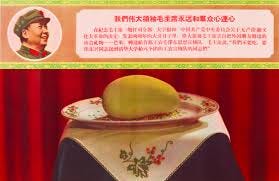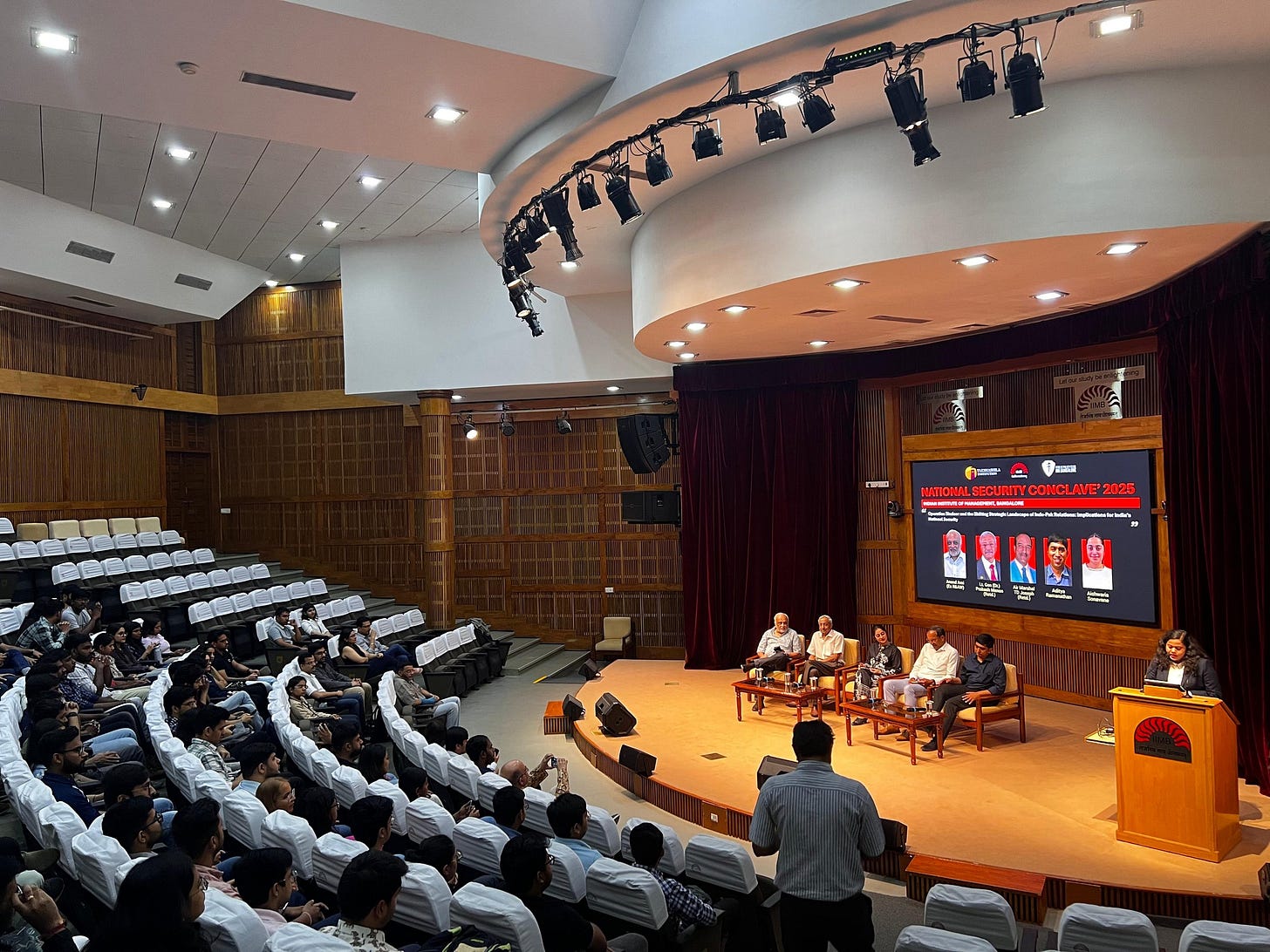From Mao to Modi: Tracing Pakistan’s History of Mango Diplomacy
A look at the tropical fruit, its symbolism, and the soft diplomacy that has outlasted wars, and borders.
Hello readers, it’s been a minute. Thank you for your patience as you waited for your next Paigham. After spending weeks deep in the trenches of the India-Pakistan flare-up, I needed a moment to pause, read slowly again, and find a softer entry point.
We've addressed escalation ladders, military signaling, terror attacks, and even the unique intimacy of backchannel Scotch in the last couple of weeks here. In this edition, I return not with maps or missiles, but with mangoes.
Sun-warmed, nostalgic, and oddly lodged in the pulp of Pakistan's diplomatic theatre. What do these tropical lumps of gold tell us about diplomacy in Pakistan?
Let’s peel it.
Every summer, as temperatures peak and varieties like Sindhri, Chaunsa, and Anwar Ratol ripen, Pakistan resumes one of its most consistent diplomatic rituals - dispatching crates of mangoes to the world. From monarchies in the Gulf to Asian partners, and occasionally even to states with which ties remain fraught, these mangoes serve as gestures of goodwill and cultural prestige.
Extending a Mango Slice
This tradition dates back to at least the early 1950s, when mango farmers from Sindh gifted crates of the fruit to Queen Elizabeth II upon her accession in 1952. But one of the most notable moments came in August 1968, when Pakistan’s foreign minister Mian Arshad Hussain gifted a box of mangoes to Chinese Chairman Mao Zedong. Mao, in turn, distributed the fruit to factory workers affiliated with the ‘Mao Zedong Thought Propaganda Team’ during the Cultural Revolution. The act stimulated what would become known as China’s “mango cult,” where the fruit came to be revered as a revolutionary symbol. With this, mango diplomacy evolved from a gesture of hospitality to a potent expression of geopolitical symbolism.
Besides stirring a revolution in its neighboring nation, mangoes have evolved to carry layers of meaning. It is associated with feudal privilege, postcolonial abundance, and regional identity, particularly due to the dominance of large landowners in Sindh and South Punjab of Pakistan. Many of the mangoes circulated through diplomatic channels are purportedly sourced from private orchards and agricultural ventures owned by political or military elites. Beyond its role as a seasonal offering, mangoes have become a display of generosity and a curated image of the country’s fertile, diverse landscape.
While crates of mangoes have long made their way to allies in the region and beyond, they have also been sent across one of the most politically sensitive borders. Indian prime ministers and presidents, including Indira Gandhi, Atal Bihari Vajpayee, Dr. Manmohan Singh, and Narendra Modi, have all been recipients. On Eid in 2015, then-Prime Minister Nawaz Sharif sent 10 kg of mangoes to Modi, along with 15 kg to former Indian President Pranab Mukherjee, and 10 kg each to former Prime Ministers Manmohan Singh and Vajpayee. More recently, in 2024, Congress leader Rahul Gandhi received mangoes from the Pakistan High Commission, a gesture that invoked a brief flurry in Indian political circles.
And yet, despite their popularity, mangoes have done little to soften the edge of bitter bilateral relations. Cross-border tensions with India have persisted, indifferent by seasonal courtesies. Even then, the ritual endures. In 2021, an exchange of mangoes between Pakistan and Bangladesh quietly motioned a tentative thaw, fifty years after the separation.
Fruit Forward: Diplomacy in a Box
From gift crates to mango festivals hosted by Pakistani embassies around the world, this phenomenon also serves to promote the country’s mango exports, valued at approximately USD 127 million annually, and foster cultural exchange. The politics of mangoes suggest how soft gestures and longstanding traditions continue to influence diplomatic signaling. They help nations articulate identity, gesture goodwill, and keep the doors of dialogue unlatched.
Ultimately, while exchange of fruits don’t resolve conflicts, mango diplomacy reflects Pakistan’s aspirational self-image, a desire to be perceived as a state grounded in cultural generosity, regional civility, and a commitment to keeping diplomatic channels open, even amid geopolitical challenges.
Besides producing a steady body of work on Pakistan, through podcasts, essays, and opinion pieces, we at the Takshashila Institution also had the privilege of convening a panel at IIM-Bangalore to discuss Operation Sindoor and the shifting contours of Indo-Pak relations.
We're grateful to the community for their curiosity and engagement.





